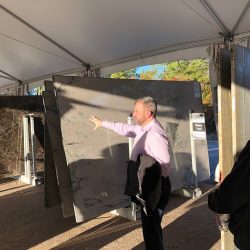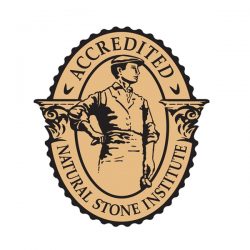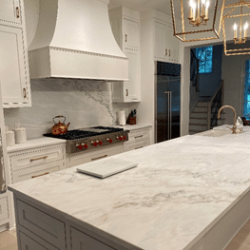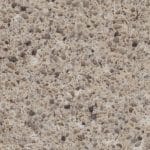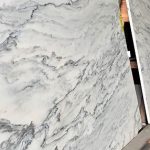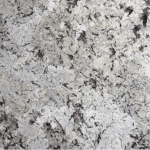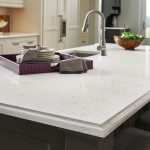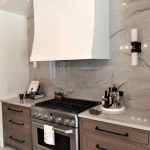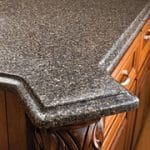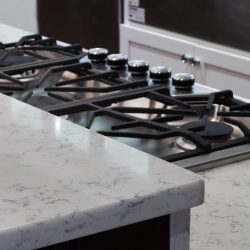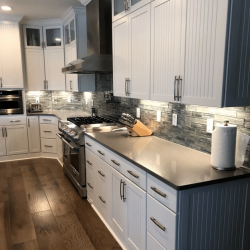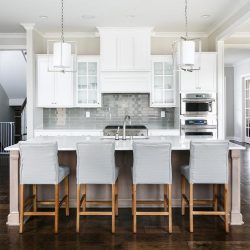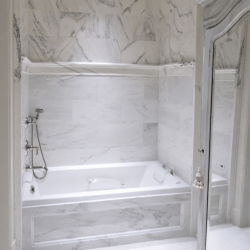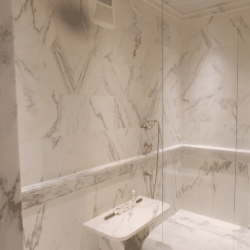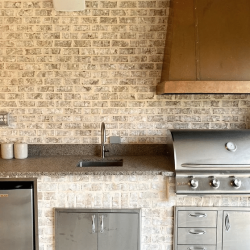Outline
- Understanding Quartz Kitchen Countertops
- Alabama’s Climate and Its Impact on Quartz Countertops
- Maintaining Your Quartz Countertops in Alabama
- Common Issues with Quartz Countertops in Alabama
- Enhancing the Durability of Quartz Countertops in Humid Climates
- Tips for Choosing the Right Quartz Kitchen Countertops in Alabama
- Conclusion
The grandeur of quartz kitchen countertops cannot be overstated. Known for their durability, elegance, and minimal upkeep, quartz countertops have emerged as a favorite among homeowners. But when installing quartz countertops in Alabama, it’s crucial to consider the local climate. The distinct weather patterns in Alabama can present challenges in maintaining the quality and longevity of your countertops. Understanding these challenges and learning how to navigate them is essential for any homeowner wishing to preserve the beauty and function of their countertop investment.
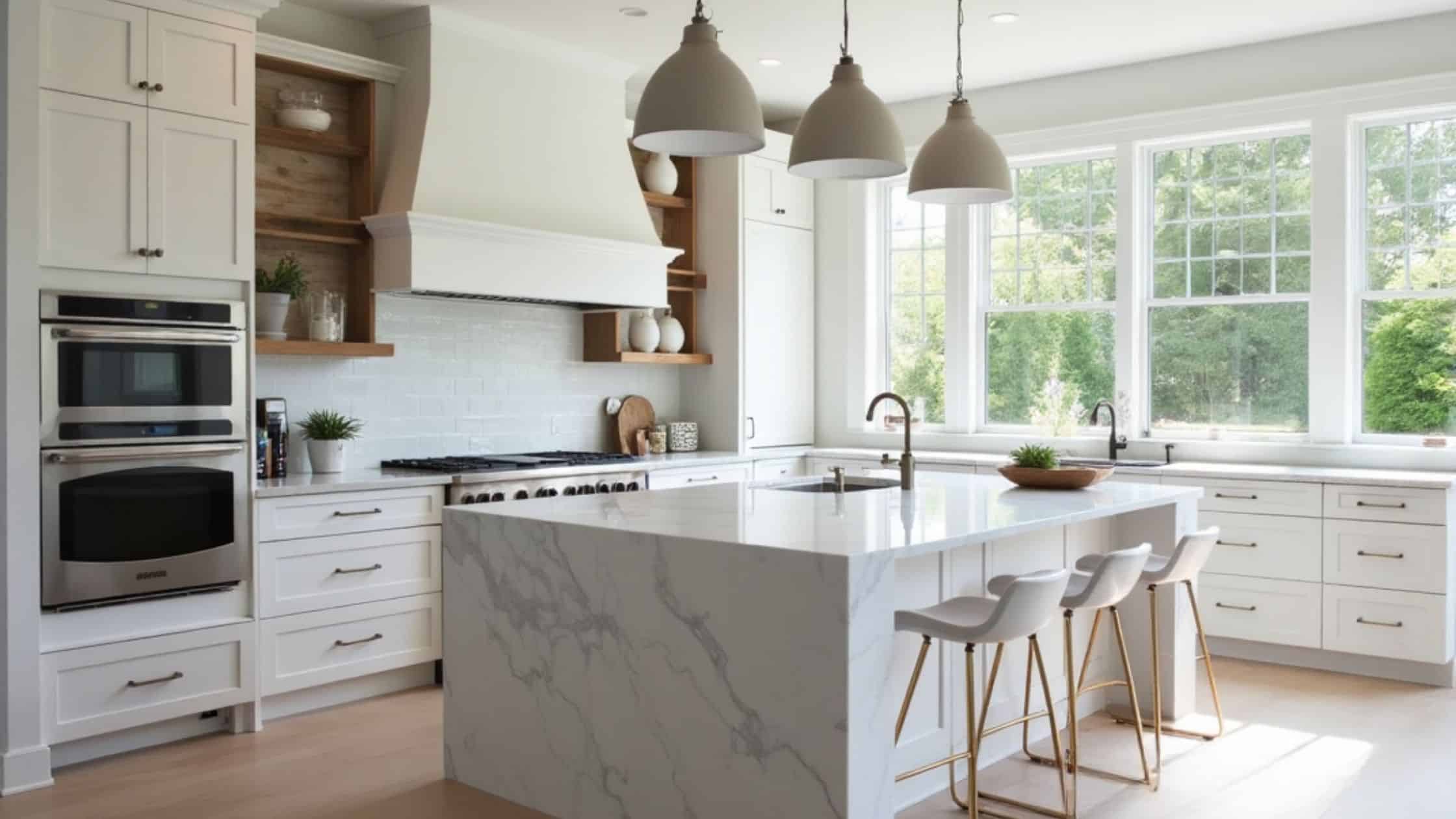
Quartz kitchen countertops
Understanding Quartz Kitchen Countertops
What is Quartz?
Quartz countertop installations are engineered stone products crafted from a combination of quartz mineral and resin. Typically, they comprise about 93% natural quartz and 7% resin, pigments, and other materials. This blend offers superior strength, and results in a non-porous surface resistant to stains, scratches, and bacteria.
Benefits of Countertops
Quartz countertops are a preferred choice due to their:
- Non-porous nature, offering resistance against spills and stains
- Uniformity in appearance, avoiding the inconsistencies and imperfections often found in natural stones
- Variety of colors and patterns to complement any kitchen design
- Minimal maintenance, allowing easy care and longevity
Alabama’s Climate and Its Impact on Quartz Countertops
Humidity Levels and Their Effect
Alabama is known for its humid subtropical climate, characterized by hot summers and mild winters. Such high humidity levels can adversely affect quartz countertops in Alabama. Excessive moisture can lead to the expansion and contraction of cabinetry or substrate surfaces under the countertops, causing stress on the quartz and potentially leading to warping or cracking.
Temperature Fluctuations in Alabama
The region’s temperature fluctuations, especially from season to season, can also impact the structural integrity of quartz countertops. Constant changes in temperature can cause the quartz to expand and contract, similar to the effects of moisture, and this can put stress on the seems and edges of the countertop installations.
Maintaining Your Quartz Countertops in Alabama
Routine Care and Cleaning Practices
To preserve the integrity and appearance of your quartz kitchen countertops, adhere to the following maintenance practices:
- Daily Cleaning: Wipe down surfaces with a mild dish soap and water using a soft cloth.
- Stain Prevention: Blot spills immediately to prevent staining.
- Heat Protection: Use trivets or heat pads under hot pots and pans.
- Avoid Harsh Chemicals: Stay away from bleach, high pH cleansers, and abrasive materials.
Protecting Your Countertops from Humidity
In regions like Alabama, it’s crucial to:
- Ensure your kitchen space is well-ventilated to reduce moisture build-up.
- Use dehumidifiers during peak humidity months to maintain optimal room conditions.
- Regularly check and repair any plumbing leaks to prevent water from accumulating beneath the countertops.
Common Issues with Quartz Countertops in Alabama
Heat Damage Concerns
Quartz is resistant to high temperatures, but prolonged exposure can damage its surface. Always use protective measures such as trivets to avoid direct contact with hot items which could compromise the resin content in quartz, resulting in discoloration or warping.
Avoiding Moisture Problems
While quartz itself is non-porous and resists moisture penetration, gaps and seams can allow moisture infiltration, especially if not well-sealed. It’s essential to ensure that seams and edges are professionally sealed during installation to prevent moisture-related issues over time.
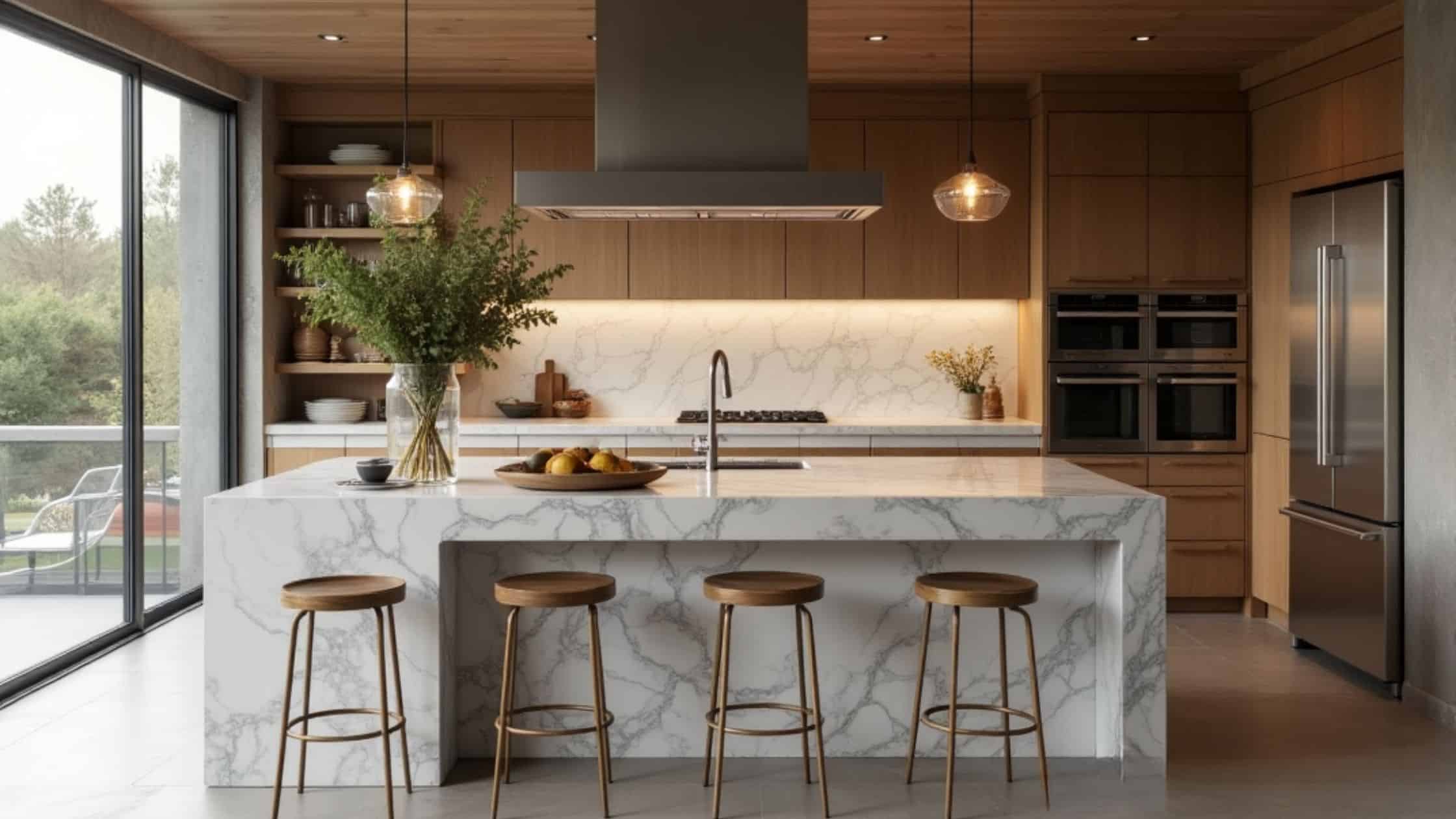
Quartz kitchen countertops in Alabama
Enhancing the Durability of Quartz Countertops in Humid Climates
Sealing and Protecting Your Countertops
Despite quartz’s non-porous nature, ensuring seams and edges are adequately sealed is critical. Professional installers often apply specialized sealants that enhance durability and protect against moisture ingress.
Designing for Climate Resilience in Alabama
Consider quartz colors and patterns that can withstand Alabama’s sunlight exposure and heat levels. Light-colored countertops can help reflect sunlight and reduce heat absorption in your kitchen, thus mitigating potential damage.
Tips for Choosing the Right Quartz Kitchen Countertops in Alabama
Considerations for Warmer Climates
- Opt for high-quality, heat and moisture-resistant quartz.
- Choose a reputable supplier with a proven track record in coping with regional climate needs.
- Consult experts to decide on a countertop thickness that offers optimal durability without compromising aesthetic appeal.
Choosing Countertop Thickness and Color
Quartz countertops come in various thicknesses and colors. For homeowners in Alabama:
- Consider thicker varieties for enhanced durability against humidity and temperature shifts.
- Select lighter shades to minimize heat absorption and maintain a cool kitchen environment.
Conclusion
Selecting and maintaining quartz kitchen countertops in Alabama involves a nuanced understanding of both material and climate. The combination of stylish aesthetics, unmatched durability, and low maintenance makes quartz a prime choice for any Alabama kitchen. However, partnering with a competent installer is paramount. For homeowners seeking excellence in quartz countertop selection and installation, Stone Interiors offers unparalleled expertise and quality service. Their professional team can help you navigate Alabama’s specific climate challenges, ensuring your countertops remain as stunning and durable as the day they were installed. Trust stoneinteriors.com to transform your kitchen into a blend of sophistication and resilience.



